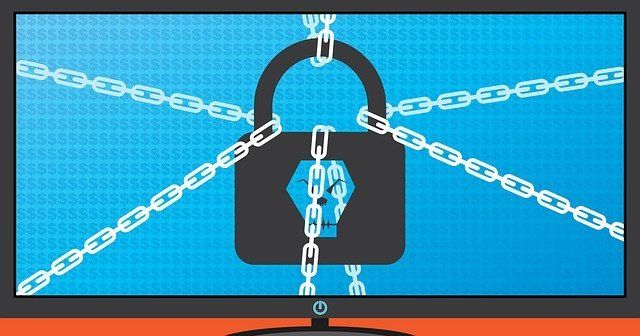Recent Cyber Security Breaches: KP Snacks, San Francisco 49ers and More

As a managed IT service provider it is important to us to make sure to stay in know about the latest cyber security breaches. Every few weeks we like to share our findings with you here on our blog. Please take a peek below to learn more about some of the most recent cyber security attacks here and around the world.
San Francisco 49ers (United States)
National Football League (NFL) Team
The Hack: Ransomware
Quick Summary: “While everyone was focused on the big game last week, cybercriminals were focused on the San Francisco 49ers. The team was hit by a ransomware attack, purportedly by BlackByte. The cybercriminals claim they stole some of the football team’s financial data, invoices and other internal documents. The team stressed the fact that this event appeared to be limited to their corporate network and did not endanger any fan or stadium databases.” -ID Agent
Read More Here >> Ransomware gang says it has hacked 49ers football team
KP Snacks (United Kingdom)
Food Manufacturer
The Hack: Ransomware
Quick Summary: “Food company KP snacks, manufacturer of beloved British snacks like Hula Hoops, KP Nuts, Butterkist popcorn and Nik Naks, was hit with a ransomware attack in late January that may impact its production. Conti ransomware operators have claimed responsibility. The company informed retailers in early February that the attack had impacted its manufacturing and distribution, and that product shortages may continue into March.” -ID Agent
Read More Here >> Hackers hold Hula Hoops hostage in cyber-raid on Britain’s KP Snacks
News Corp. (United States)
Media & Publishing Company
The Hack: Nation-State Cybercrime
Quick Summary: “Major media company News Corp. has disclosed that it was the target of a cyberattack by suspected Chinese nation-state hackers. The attack came to light in late January and affected News Corp. business units, including The Wall Street Journal and its parent company Dow Jones, the New York Post, News U.K. and News Corp. Headquarters. The hack affected emails and documents of what it described as a limited number of employees, including journalists. The incident is under investigation.” -ID Agent
Read More Here >> China suspected in hack of journalists at News Corp
Swissport International (Switzerland)
Aviation Services
The Hack: Ransomware
Quick Summary: “Aviation services company Swissport International was struck with a ransomware attack that had a major impact on its operations, leading to flight delays for 22 flights out of Zurich Airport. The aviation company provides cargo handling, security, maintenance, cleaning and lounge hospitality at airports in 50 countries. The company’s website was back up and running quickly, and the incident is under investigation.” -ID Agent
Read More Here >> Ransomware attack hit Swissport International causing delays in flights
Advocates (United States)
Health & Social Services Non-Profit
The Hack: Hacking
Quick Summary: “Advocates announced that it had been the victim of a cyberattack. A hacker gained access to the organization’s network in mid-September 2021. The attacker gained access to data tied to 68,000 clients served by Advocates and likely copied the data. The Massachusetts-based non-profit provides a range of services for individuals with autism, brain injuries, mental health, addiction, and other health conditions. Advocates is cooperating with the ongoing FBI investigation.” -ID Agent
Read More Here >> 68K affected by data theft, ‘sophisticated’ network hack of health nonprofit Advocates
Oiltanking (Germany)
Fuel Storage
The Hack: Ransomware
Quick Summary: “A ransomware attack has impacted German fuel tanking company Oiltanking. The company was ensnared in a massive ransomware attack that has disrupted operations at 17 European oil terminals including the busy Amsterdam-Rotterdam-Antwerp refining hub starting on January 29th. Other European companies are also involved including German oil trade company Mabanaft, SEA-Invest in Belgium and Evos in the Netherlands. The attack appears to have had the most impact on the processing, loading and unloading of cargoes. BlackCat ransomware is thought to be behind the incident.” -ID Agent
Read More Here >> Major German fuel storage provider hit with cyberattack, working under limited operations
To learn more about how to keep your company safe and secure from cyber security attacks, click here to explore our San Diego IT Services & IT Security plans that are offered by SDTEK.
The post Recent Cyber Security Breaches: KP Snacks, San Francisco 49ers and More appeared first on SDTEK | San Diego, CA.


